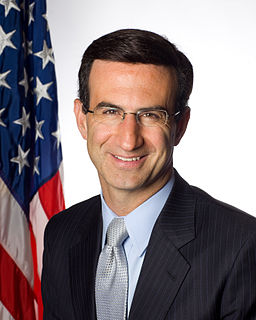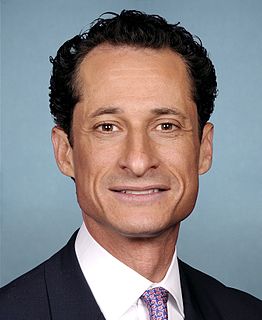A Quote by Annie Lowrey
So overall in the entire economy, the issue is not that health care costs are growing dramatically. The issue is that the burden placed on families is. So just between 2010 and 2016, the cost burden of family private insurance premiums jumped 28%, whereas incomes rose less than 20%.
Related Quotes
I have young kids. The fiscal burden that will be imposed on them is going to depend primarily on whether we tackle this looming problem in our health care system - with rising costs that don't seem, by the way, to be necessarily associated with higher quality. That is the key burden that they will face.
Student debt in the US has exploded in the past decade. One of the reason is that the private costs of attending college have risen sharply, with public higher education funding having been cut sharply. Average public funding per student was 15 percent lower in 2015 than in 2008, and 20 percent lower than in 1990. The burden of the public funding cuts has been worsened by the stagnation of average family incomes. By 2014, this figure had nearly doubled, to 35 percent of median household income.

































